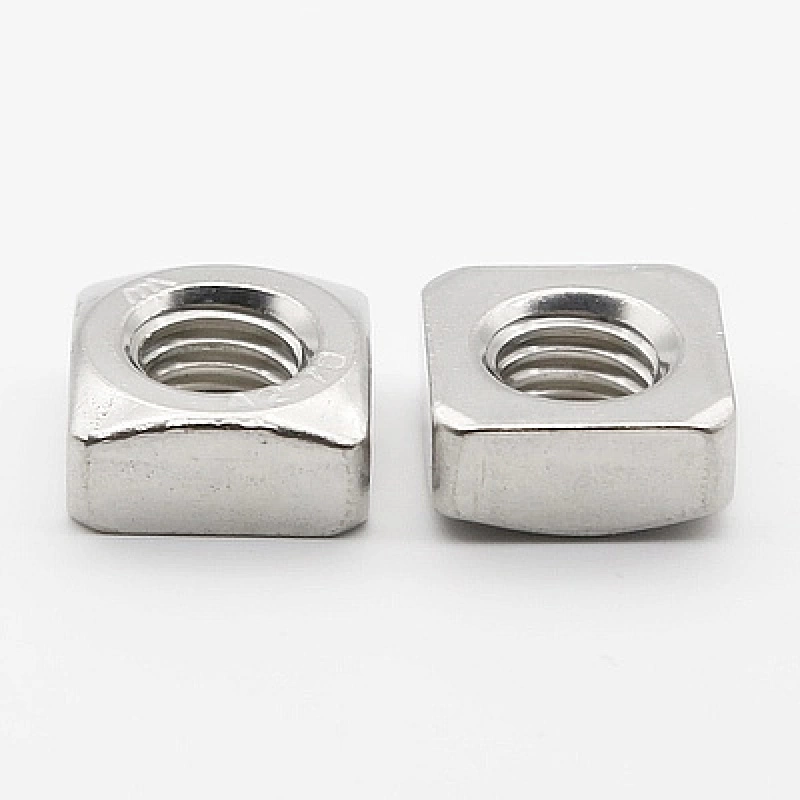

Self-Drilling Screws for Durable Metal Building Construction and Assembly
Dec . 13, 2024 02:34 Back to list
Self-Drilling Screws for Durable Metal Building Construction and Assembly
Self-Tapping Screws for Metal Buildings The Ultimate Fastening Solution
In the realm of construction, choosing the right fastening system can significantly impact the longevity and structural integrity of any building. Among the myriad options available, self-tapping screws have gained immense popularity, particularly in metal building applications. This article delves into the advantages, characteristics, and considerations of using self-tapping screws for metal structures.
Understanding Self-Tapping Screws
Self-tapping screws are specialized fasteners designed to create their own hole as they are driven into materials. Unlike standard screws or bolts that require pre-drilled holes, self-tapping screws significantly streamline the installation process. They feature a sharp, pointed tip and unique thread designs, allowing them to penetrate metal, wood, and other materials efficiently.
Advantages of Self-Tapping Screws for Metal Buildings
1. Efficiency and Speed One of the most significant benefits of using self-tapping screws is the efficiency they bring to construction projects. Since they do not require pre-drilling, contractors can install them quickly, saving both time and labor costs. This is particularly advantageous in large-scale metal building projects, where speed is essential.
2. Strong Holding Power Self-tapping screws are engineered to provide robust engagement with the metal substrate. Their deep threads, combined with the material properties of metal, result in superior holding power, ensuring that the structural elements remain securely fastened over time. This is crucial for maintaining the integrity of metal buildings, especially in areas subjected to high winds or seismic activity.
3. Corrosion Resistance Many self-tapping screws are manufactured from alloy steel and coated with protective finishes such as zinc or polymer. These coatings enhance their resistance to corrosion, making them ideal for metal buildings exposed to harsh environmental conditions. By selecting corrosion-resistant screws, builders can extend the lifespan of their structures and reduce maintenance costs.
4. Versatility Self-tapping screws are available in various sizes, shapes, and materials, allowing for versatility in different applications. Whether it's fastening metal roofing, siding, or structural elements, there is a self-tapping screw tailored to meet those specific needs. This adaptability makes them a go-to choice for builders across multiple sectors.
self tapping screws for metal buildings

5. Reduced Risk of Material Damage Traditional methods of fastening can sometimes result in material damage due to the necessary pre-drilling. However, self-tapping screws minimize this risk as they create their own hole, ensuring a more precise fit and reducing material waste.
Considerations When Choosing Self-Tapping Screws
While self-tapping screws provide numerous benefits, certain considerations should be accounted for to ensure optimal performance
1. Metal Thickness The thickness of the metal being joined will significantly impact the selection of self-tapping screws. For thinner materials, screws with finer threads might be ideal, while thicker metals may require screws with a coarser thread design for enhanced grip.
2. Screw Material and Coating It is vital to choose the right screw material and coating based on the environmental conditions. For example, buildings in coastal areas may require stainless steel screws to prevent rust due to salt exposure.
3. Installation Technique Proper installation is critical for ensuring the effectiveness of self-tapping screws. Using the right torque settings and techniques can prevent stripping of the screw head and ensure that the fastener is adequately secured.
4. Load and Stress Considerations When designing metal buildings, understanding the load and stress the structure will face is crucial. Ensure that the selected self-tapping screws can withstand the anticipated loads and environmental factors.
Conclusion
Self-tapping screws have emerged as an essential fastening solution for metal buildings, combining efficiency, strength, and versatility. By understanding their advantages and carefully considering the specifics of each project, builders can leverage these screws to ensure robust, durable structures. As the construction industry continues to evolve, self-tapping screws will undoubtedly remain a staple in the toolkit of metal building professionals, contributing to safer and more efficient construction practices.
Latest news
-
Hot Dip Galvanized Bolts-About LongZe|High Strength, Corrosion Resistance
NewsJul.30,2025
-
High-Strength Hot Dip Galvanized Bolts - Hebei Longze | Corrosion Resistance, Customization
NewsJul.30,2025
-
Hot Dip Galvanized Bolts-Hebei Longze|Corrosion Resistance&High Strength
NewsJul.30,2025
-
High-Strength Hot-Dip Galvanized Bolts-Hebei Longze|Corrosion Resistance&High Strength
NewsJul.30,2025
-
Hot Dip Galvanized Bolts-Hebei Longze|Corrosion Resistance&High Strength
NewsJul.30,2025
-
Hot Dip Galvanized Bolts - Hebei Longze | Corrosion Resistance, High Strength
NewsJul.30,2025

